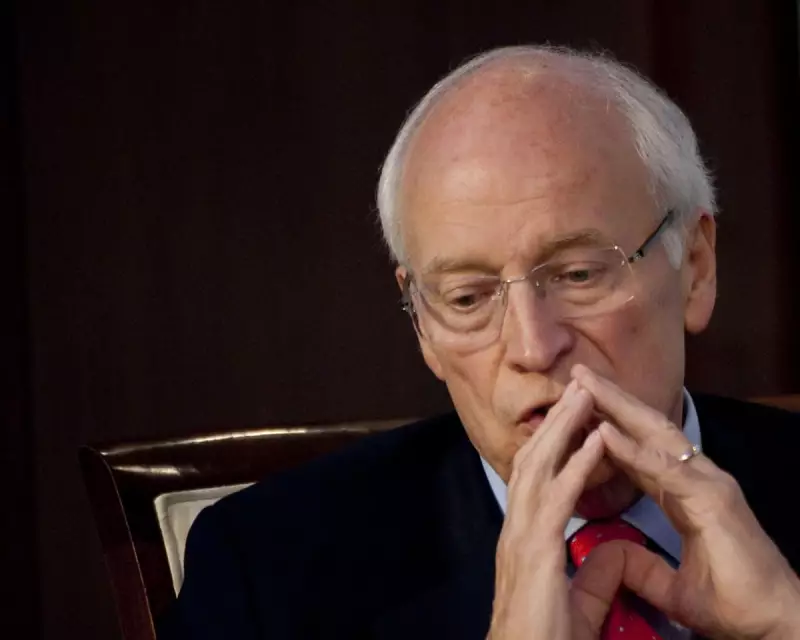
The American political landscape has lost one of its most formidable figures with the passing of Dick Cheney, who served as the 46th Vice President of the United States under George W. Bush. He was 83 years old.
Cheney's death marks the end of an era for Republican politics, closing the chapter on a career that spanned decades and reshaped America's role on the global stage. His daughter, Liz Cheney, confirmed his passing in a heartfelt statement, describing him as "a great and noble man" who was "deeply loved by his family."
A Political Force Remembered
Dick Cheney was no ordinary vice president. Often described as the most powerful person to ever hold the office, he operated from what historians call a "fourth branch of government" - wielding unprecedented influence over foreign policy and national security decisions.
His tenure coincided with some of America's most defining modern moments: the September 11th attacks, the subsequent war on terror, and the controversial invasion of Iraq in 2003. Cheney was a central architect of these policies, advocating for robust executive powers to combat perceived threats to national security.
The Architect of Modern US Foreign Policy
Before becoming vice president, Cheney had already established himself as a Washington heavyweight. His political resume reads like a history of late-20th century American power:
- White House Chief of Staff under Gerald Ford at just 34
- Congressman representing Wyoming for six terms
- Secretary of Defense during the Gulf War under George H.W. Bush
- CEO of Halliburton, the massive oil services company
This extensive experience made him uniquely positioned to influence American policy when he returned to government in 2001.
A Controversial Legacy
Cheney's time in office remains deeply polarising. Supporters credit him with keeping America safe in a dangerous new era, while critics point to the human and financial costs of the Iraq War and the erosion of civil liberties through enhanced surveillance programs.
His advocacy for "enhanced interrogation techniques" - what many consider torture - and the CIA's secret detention programs continue to spark debate about the balance between security and human rights.
Health Battles and Later Years
Cheney's later years were marked by serious health challenges. He suffered five heart attacks beginning in his late 30s, eventually receiving a heart transplant in 2012 at age 71. His medical history was so extensive that he once joked he was on "borrowed time."
Despite his health struggles, Cheney remained engaged in political discourse, occasionally breaking with his party - particularly during the Trump era, when he became a vocal critic of the former president.
The passing of Dick Cheney leaves a complex legacy that historians will debate for generations. Love him or loathe him, his impact on American politics and global affairs is undeniable - a testament to one of the most consequential careers in modern American history.






